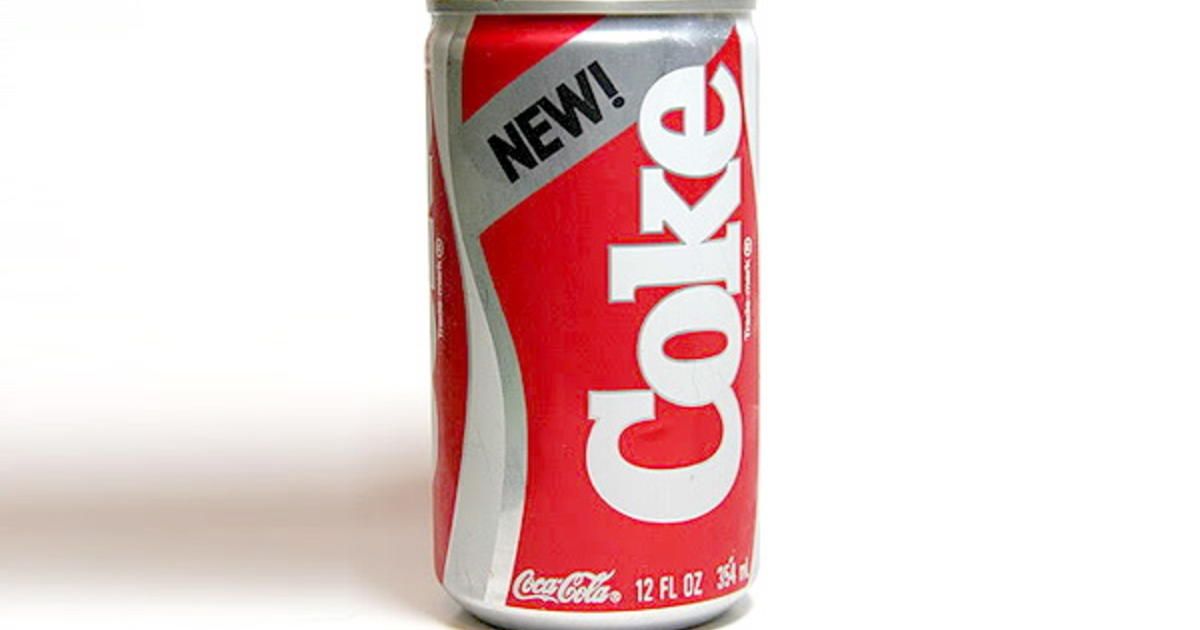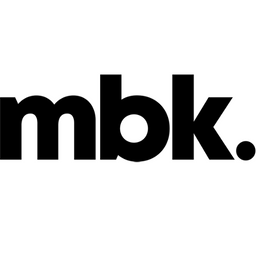Acting like a leader is hard when you're number two. Whether you're a cereal or a social media site, being brand X can be like being a cuss word – obscene.
You know how they say it. "If you're not first, you're last." This can be true if your image rests on the notion of being the other option. What's worse is when your brand message is defensive.
Beating Brand X
Samsung did a great job at addressing the elephant in the room. Their 2017 commercial addressed the years of being number two by mocking iPhone X features like that weird headphone dongle while showcasing how they delivered something better. It was a memorable commercial, funny and newsworthy. A truly epic troll to the tune of millions in spend and plenty of news coverage. And it surely won over the "I hate the iPhone crowd."
The problem: the biggest thing Samsung highlighted was that they were not an iPhone. Apple, meanwhile, sat quietly, focusing on their users and counting their money. Because Apple's revenue is based on an ecosystem of hardware, software, and services, even when they fell behind in unit sales, they still came out on top.
Becoming Brand X
Establishing a brand that is a household name is a heavy task. It takes years of consistent repetition, lots of money, and undoubtedly some luck. But even the best brands will face some headwinds from time to time. In 1985, Coca-Cola, in an attempt to address fading market share, created a new formula that was dubbed "New Coke." They changed the formula to respond to the blind taste tests that indicated consumers liked Pepsi better. So Coke changed its product.
But taste tests aren't juicy burgers or days on the beach, and changing their formula proved that a lab is not where most people choose their beverages.

The product bombed to put it briefly. The backlash ranged from angry calls to accusations of a communist plot. Coca-Cola focused on its competition and its own weaknesses rather than focusing on its brand and its customers.
Brand X is a trope for the other brand. It only exists when a brand chooses to focus on the competition rather than focus on the concerns of its consumers. A brand only becomes brand X when it chooses to become it.
Being Brand X
When Elon Musk bought Twitter, some people were thrilled that they would finally have the open forum they hoped for, while others feared it would become a cesspool of hostility. Musk, rather than focusing on the greatest strengths of the brand he now owned, attacked the competition and rushed to controversy. He attacked Substack, blocked the use of the API for third-party tools, and sued Meta's Threads for giving tweeters a warm place to post their content.
Twitter, the brand that once owned the idea of microblogging, whose brand owned the verb "tweeting," which defined the category, is now brand X. And it has little to do with Musk's decision to name it X, but his decision to focus more on the other brand than his own users.
Brand X, once the leader, is now the Other.
What does a brand mean anyway? Read more here:





